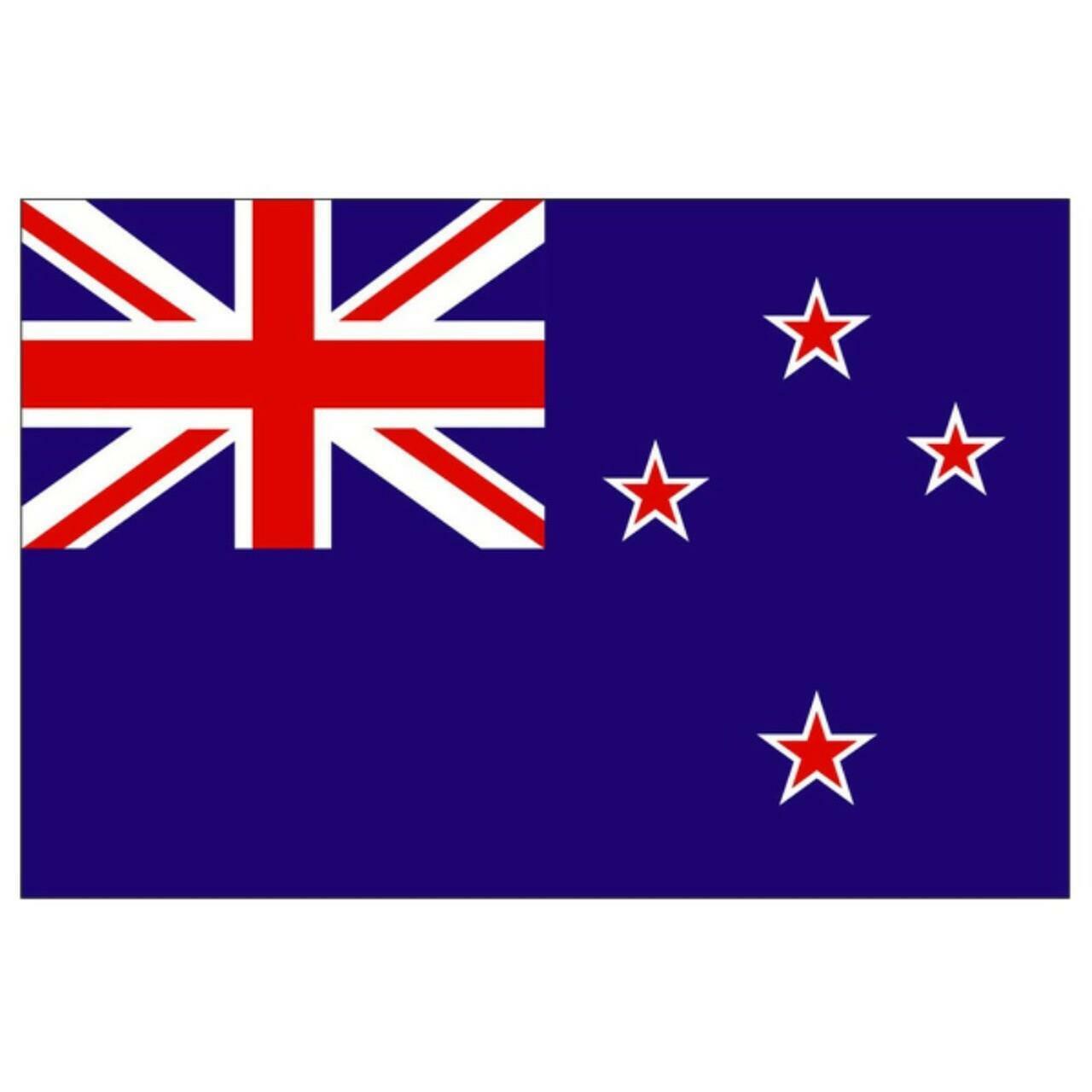Licensing Criteria and Procedures for Applying for a Crypto Asset Securities Provider in New Zealand
General information
Company structure
- A minimum of one shareholder is required. This can be an individual or a corporate entity.
- At least one director is required, and this director must be a resident of New Zealand to ensure compliance with local regulations.
Confidentiality
- Beneficial owners' details – disclosed to the Authorities
- Shareholders' details – part of public record
- Directors' details – part of public record
Taxation
New Zealand has a standard corporate tax rate of 28%. Cryptocurrency gains are treated as ordinary income and taxed accordingly. There is no capital gains tax, but income from crypto transactions is taxable.
Accounting requirements
- Filing annual report is obligatory
Secretary - Required
Registered office - A physical office in New Zealand is mandatory. This ensures that the business is managed locally and complies with regulatory requirements.
The application process for a crypto license involves several steps:
- Registration: Register the company with the New Zealand Companies Office.
- Financial Service Providers Register (FSPR): Register with the FSPR.
- Documentation: Prepare and submit detailed business plans, AML/CFT policies, and key personnel information.
- Approval: The Financial Markets Authority (FMA) reviews the application, a process that includes thorough background checks and compliance assessments.
Key documents required for the application include:
- Business Plan: Detailed plan outlining the company's operations and compliance measures.
- AML/CFT Policies: Anti-money laundering and counter-terrorism financing procedures.
- Directors’ and Shareholders’ Information: Proof of identity and residence.
- Financial Statements: Evidence of financial stability.
- Office Address: Proof of a physical office in New Zealand.


